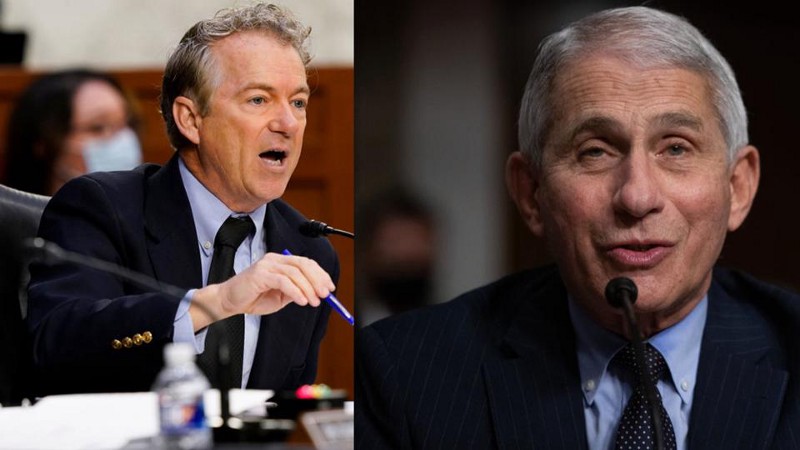Framing Science from Rome, Italy: Climate Change Communication in Urban Environments

I am in Italy until Wednesday of next week participating in an expert workshop on the scientific and societal dimensions of climate change. Organized by the Earth Institute’s Urban Design Lab at Columbia University and the Adriano Olivetti Foundation, the workshop will turn into an edited volume released as part of the Ecopolis conference to be held in Rome in April, 2009.
The workshop features experts analyzing almost every major dimension of climate change. I am on a panel that kicks the workshop off by focusing on “Politics, Public Opinion, and Communication.” Here are the questions that were posed to me in advance and that I will eventually be crafting a paper around:
What we are hoping that you can explore is the public communication side of the climate-change phenomenon; and its role in adaptation strategies. This of course begs the question as to whether or not public opinion is important at all, and if the growing immediacy of the problem will require a more drastic approach rather than normative “consensus-building.” In other words, are we at a different kind of communication crossroads, in comparison to smoking bans, stem cell ethics, and other recent science policy debates? In this regard, because our focus is on the “urban,” would you see important distinctions between urban and other contexts? Is there something different about this kind of science? And if, indeed, this kind of science is producing public consensus – as your work seems to indicate, what is lacking on the public side of the equation? In this regard could we get into the power politics side? And in what capacity do you see the formation of global capital as a cause or effect in terms of unified strategies for climate change communication? On a big hypothetical, if all were to be a “go” in terms of mitigation and adaptation, with huge global resources at the ready, where might it best be deployed – or better stated, where are the huge gaps in knowledge and technique?




